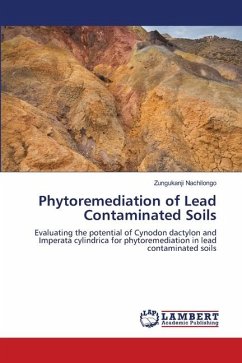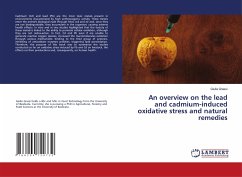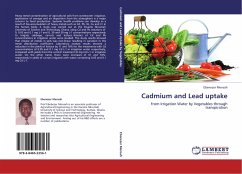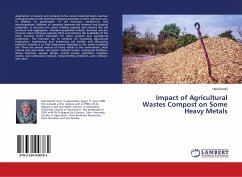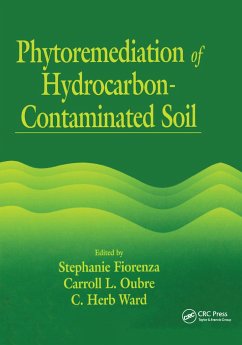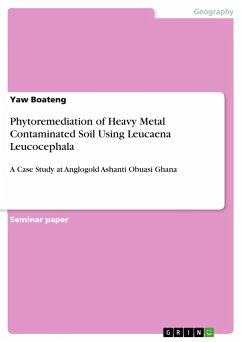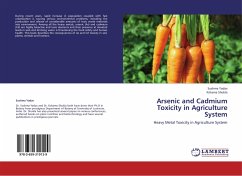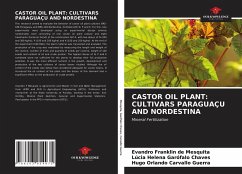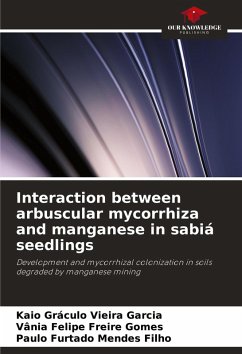
Phytoremediation of soils contaminated by lead and cadmium
Utilisation of castor bean genotypes
Versandkostenfrei!
Versandfertig in 6-10 Tagen
24,99 €
inkl. MwSt.

PAYBACK Punkte
12 °P sammeln!
Soil contamination by heavy metals is a serious environmental problem resulting from industrial activities. Soil is usually contaminated by the decantation of waste produced by industrial and domestic effluents, generally releasing chromium, cadmium, arsenic, barium, mercury and lead. Among these heavy metals, lead and cadmium have received the most scientific research due to the high levels of contamination found in some Brazilian states. Phytoremediation has proved to be a viable alternative for treating these contaminated soils. In this sense, the use of castor bean genotypes could help dev...
Soil contamination by heavy metals is a serious environmental problem resulting from industrial activities. Soil is usually contaminated by the decantation of waste produced by industrial and domestic effluents, generally releasing chromium, cadmium, arsenic, barium, mercury and lead. Among these heavy metals, lead and cadmium have received the most scientific research due to the high levels of contamination found in some Brazilian states. Phytoremediation has proved to be a viable alternative for treating these contaminated soils. In this sense, the use of castor bean genotypes could help develop programmes and projects aimed at decontaminating medium and large areas contaminated by the heavy metals cadmium (Cd) and lead (Pb).





